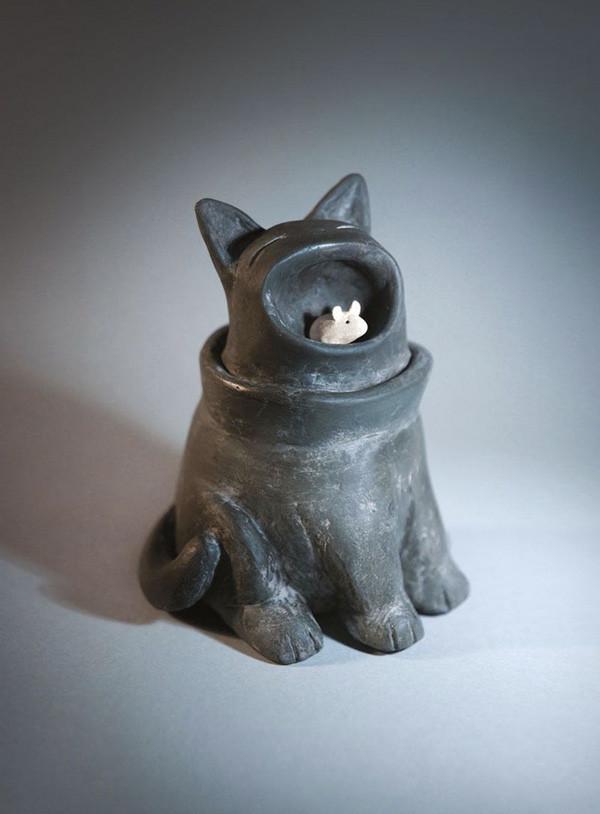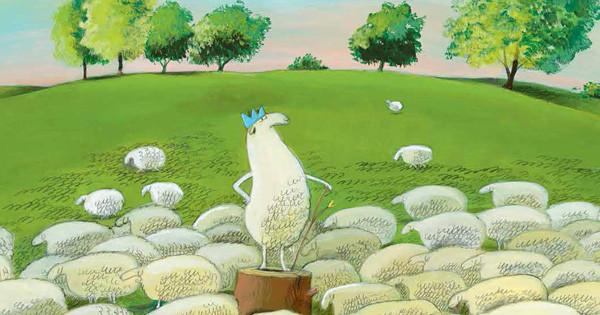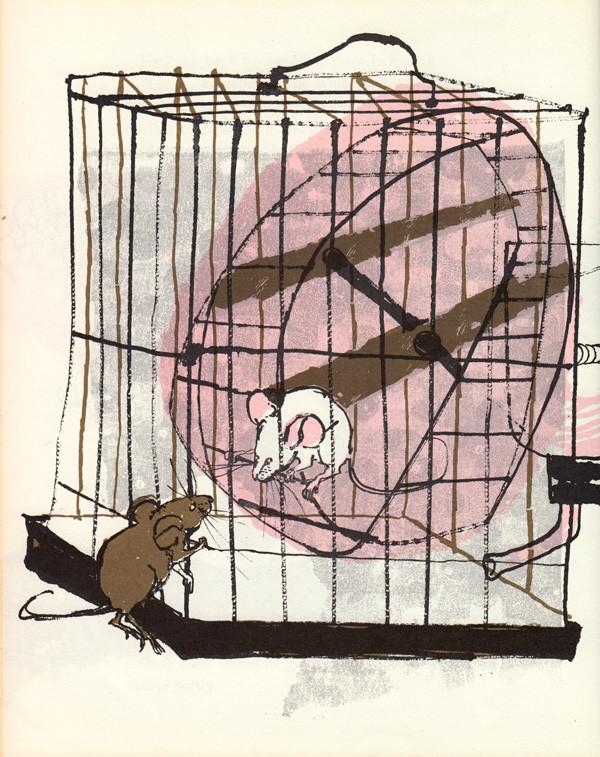The Power Paradox: The Surprising and Sobering Science of How We Gain and Lose Influence
Curated from: themarginalian.org
3
Explore the World's Best Ideas
Join today and uncover 100+ curated journeys from 50+ topics. Unlock access to our mobile app with extensive features.
Power dynamics
Psychologist Dacher Keltner writes that at the heart of power is a troubling paradox:
"We rise in power and make a difference in the world due to what is best about human nature, but we fall from power due to what is worst. We gain a capacity to make a difference in the world by enhancing the lives of others, but the very experience of having power and privilege leads us to behave, in our worst moments, like impulsive, out-of-control sociopaths.
How we handle the power paradox guides our personal and work lives and determines, ultimately, how happy we and the people we care about will be."
7
62 reads
Mishandling the power paradox
Keltner argues that our culture's understanding of power causes us to mishandle the power paradox.
Our understanding of power was shaped by Niccolò Machiavelli's sixteenth-century book The Prince, but it is outdated today. Today, a different kind of power governs the modern world. It's softer, more relational, predicated on reputation, not force, measured by an ability to affect others positively and shift the world.
7
50 reads
Thoreau’s wisdom on silence and shouting
Thoreau wrote, "There are many fine things which we cannot say if we have to shout." Yet, a century and a half later, we've created a culture that equates loudness with leadership and abrasiveness with authority.
Keltner adds to Thoreau's wisdom that a new wave of thinking about power shows that it's given to us by others, not grabbed. Our influence is only as good as what others think of us. Enduring power is a privilege that depends on other people to give it to us.
7
50 reads
Power itself eventually warp
Even if power is gained by kindness, generosity, and concern for the common good, power itself will eventually warp priorities and become less kind, less generous, and less concerned with the common good, which will erode her power.
For example, poor people give a greater percentage of their income to charity than rich people. Those in power often show more entitled behaviours, drivers of expensive cars are most inconsiderate to pedestrians, etc.
8
39 reads
Powerful people are busier and more rushed
Power in the modern world is "gained and maintained through a focus on others."
However, the more powerful a person becomes, the busier and more rushed they become, causing them to become less kind and generous.
It could be that a scarcity of time rather than an excess of power is the real corrupting agent.
7
40 reads
Definitions of power, status, control, and social class
Keltner offers elegant and necessary definitions of the distinct ideas comprising the constellation of power in modern society:
- Power is your ability to make a difference in the world by influencing the states of other people.
- Status is the respect you enjoy from other people in your social network. Status and power often go together, but not always.
- Control is your capacity to determine the outcomes in your life. You can have control but no power, such as a reclusive hermit.
- Social class is a mixture of family wealth, educational achievement, and occupational prestige that you enjoy.
8
40 reads
IDEAS CURATED BY
Diane Hughes's ideas are part of this journey:
Learn more about psychology with this collection
How to build positive relationships with colleagues and superiors
How to navigate office politics without compromising your values
How to handle conflicts and difficult situations in the workplace
Related collections
Similar ideas
6 ideas
12 ideas
3 ideas
Read & Learn
20x Faster
without
deepstash
with
deepstash
with
deepstash
Personalized microlearning
—
100+ Learning Journeys
—
Access to 200,000+ ideas
—
Access to the mobile app
—
Unlimited idea saving
—
—
Unlimited history
—
—
Unlimited listening to ideas
—
—
Downloading & offline access
—
—
Supercharge your mind with one idea per day
Enter your email and spend 1 minute every day to learn something new.
I agree to receive email updates



